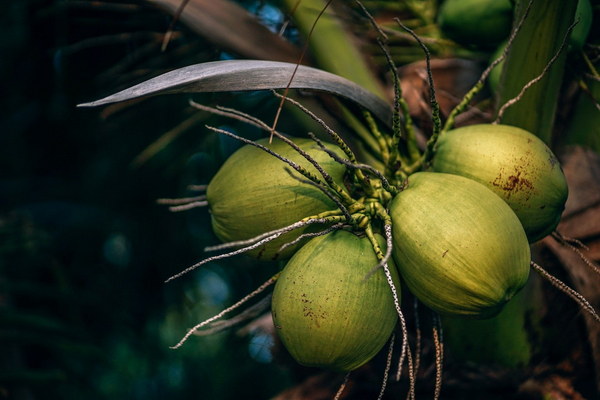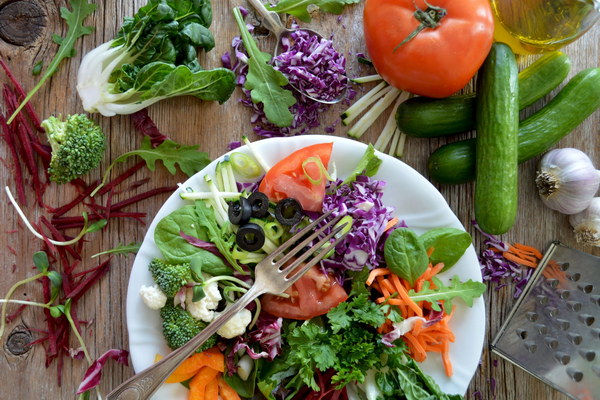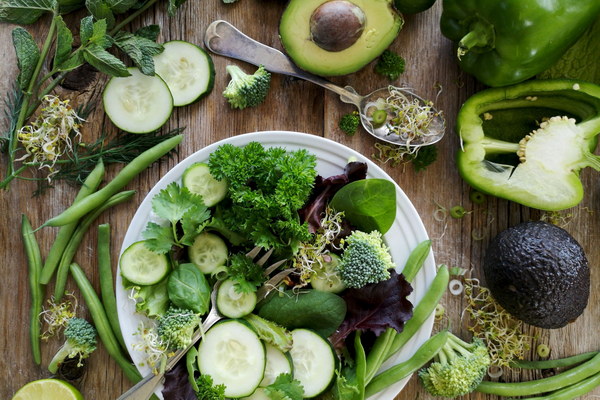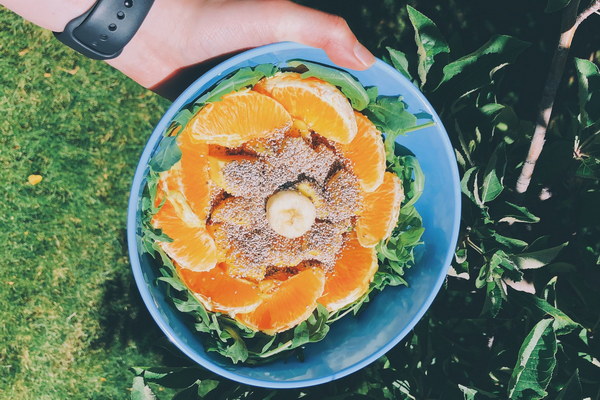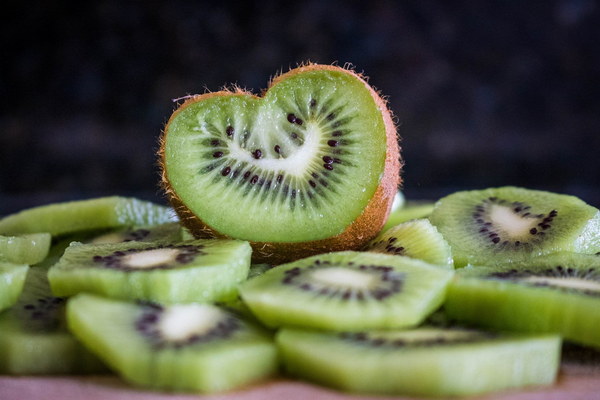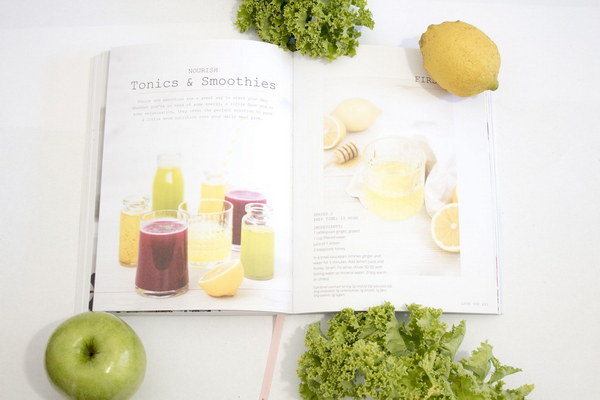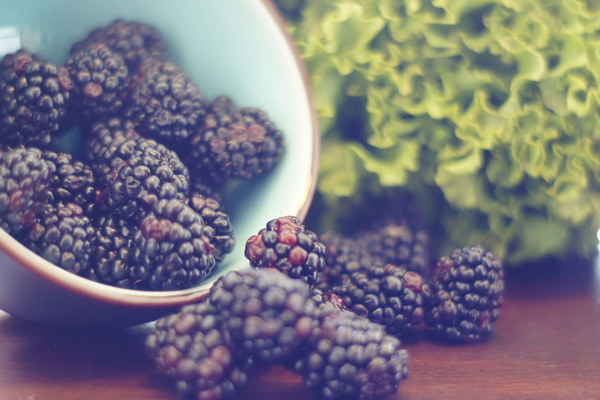Nourishing Your Way to Clear Lungs The Art of expectorant Diet Therapy
In the realm of traditional Chinese medicine, the concept of expectorant diet therapy holds a significant place. This therapeutic approach involves the use of certain foods and herbs to aid in the expectoration of phlegm, thereby promoting respiratory health. This article explores the essence of expectorant diet therapy, its benefits, and how to incorporate it into your daily life.
Understanding Expectorant Diet Therapy
Expectorant diet therapy is based on the principle that certain foods and herbs possess properties that can help to loosen and expel phlegm from the respiratory tract. This is particularly beneficial for individuals suffering from respiratory conditions such as colds, flu, bronchitis, and asthma.
The key to this therapy lies in identifying foods and herbs that are known for their expectorant properties. These include ingredients like ginger, honey, garlic, and licorice root, which are commonly used in traditional Chinese medicine to relieve respiratory congestion.
Benefits of Expectorant Diet Therapy
1. Relief from respiratory congestion: By using expectorant foods and herbs, you can effectively reduce the thickness and stickiness of mucus, making it easier to cough up and clear the airways.
2. Boosted immune system: Many of the foods and herbs used in expectorant diet therapy also possess immune-boosting properties, helping to strengthen the body's defense against respiratory infections.
3. Improved overall health: Regular consumption of expectorant foods can contribute to better respiratory health and overall well-being.
Incorporating Expectorant Diet Therapy into Your Daily Life
1. Ginger Tea: Ginger is a powerful expectorant and can be prepared as a soothing tea. Simply add fresh ginger slices to hot water, let it steep for a few minutes, and sweeten with honey.
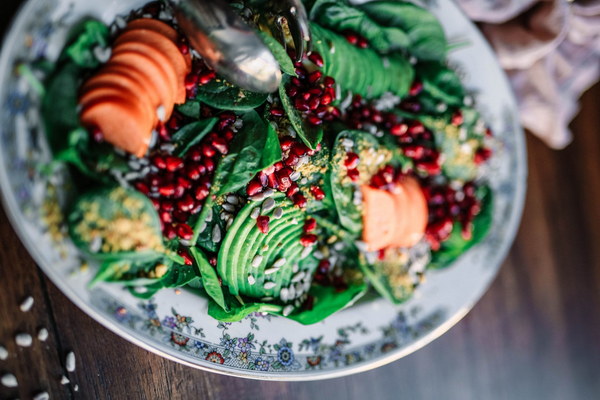
2. Garlic Soup: Garlic is another excellent expectorant and can be added to soups and stews. Try incorporating minced garlic into a chicken or vegetable soup for a flavorful and healing meal.
3. Licorice Root Tea: Licorice root is known for its ability to soothe the throat and reduce inflammation. Brew a cup of licorice root tea by adding a few slices of the root to boiling water and letting it steep for 10 minutes.
4. Honey and Lemon: Honey and lemon are a classic combination for respiratory health. Mix them together in warm water or as a sweetener in tea to help relieve congestion.
5. Herbal Infusions: You can also create your own herbal infusion by blending various expectorant herbs such as thyme, eucalyptus, and peppermint. Simply add a teaspoon of the herb mixture to a cup of boiling water, steep for 5-10 minutes, and strain before drinking.
Conclusion
Expectorant diet therapy offers a natural and effective way to support respiratory health. By incorporating expectorant foods and herbs into your daily diet, you can experience the benefits of this traditional Chinese medicine practice. Remember to consult with a healthcare professional before making any significant changes to your diet, especially if you have pre-existing health conditions or are pregnant.
